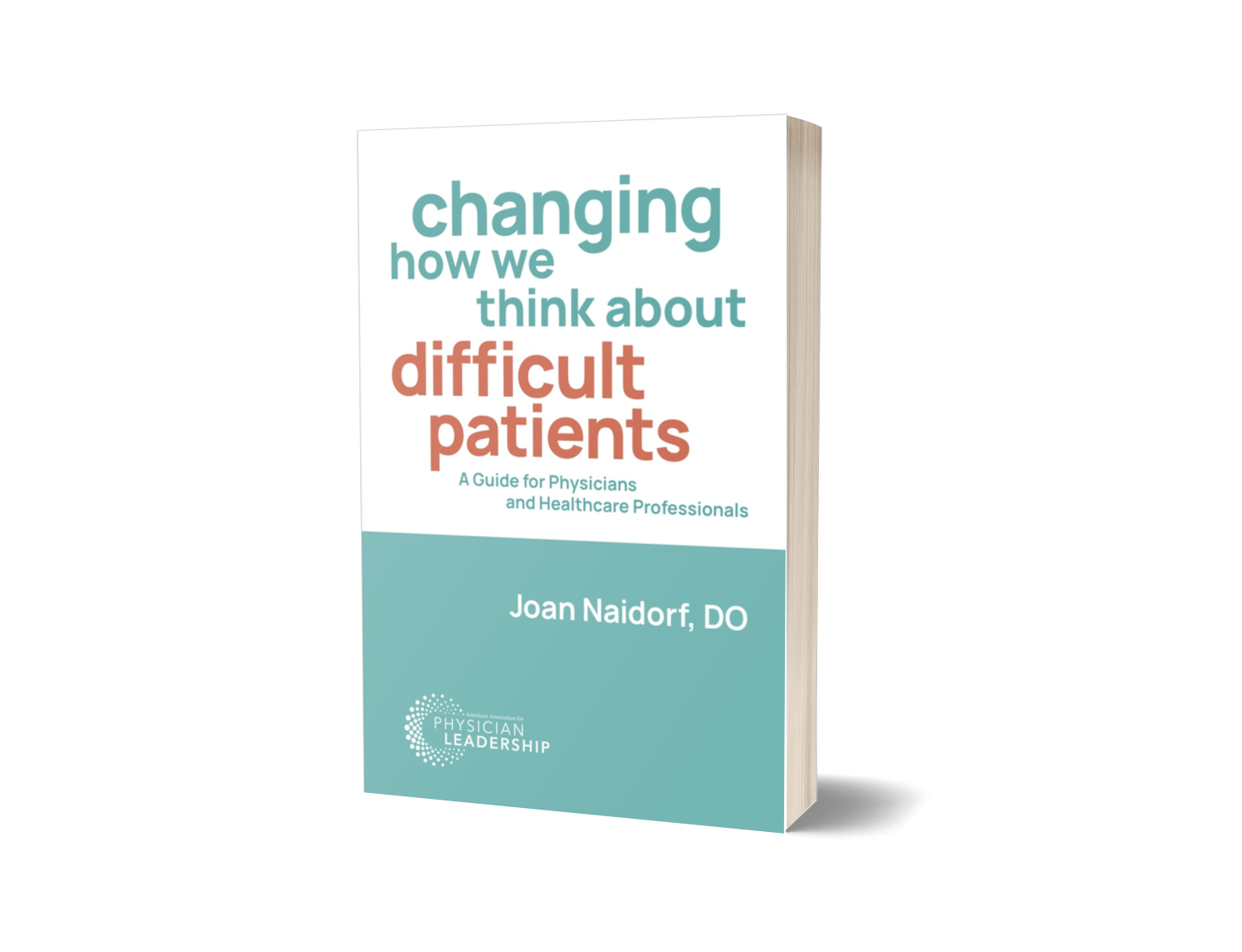#50 Should You Care What Other People Think?
My book has been out there in the world for nine months now and it has slowly accumulated some reviews on Amazon.com. Someone out there says that the nicest thing that you can do for an author is to post a review. I have asked readers to post honest reviews, but I have also got some pleasant and unpleasant surprises.
In addition to the ability to post reviews on Amazon.com, people can drop into the page and post ratings. Just to keep things real, some people have posted both a one star and a two-star rating for my book. I read the comments of another author relating how terrible she felt about someone posting poor ratings for her book. She allowed those comments to deflate her and to cause her to question the merit of her book.
That author clearly hasn’t read my book. I state there clearly, for everyone to understand, that as a nurse, doc, PA, PT, or EMT, you are not going to please everybody. It’s just not possible. Someone will always want or expect something different or sooner than you can provide it. Some people feel entitled to dictate some special treatment much the way one can order the burger “your way” at the drive-through.
Having confidence in your own abilities and motivation allows you to whither other people’s criticisms and insults. When a patient complains that they were waiting more than an hour for some medication, you can apologize politely when you know that you were dressing another person’s wound or changing an IV line. You care what other people think but you care even more about what you think. You know that you chose your tasks well and did not intentionally keep anyone waiting.
Some criticism really does sting. Under the cover of reviews and internet comments, people can write and say some mean things. My general approach is to ignore the comments. Over the summer, I had a perspective piece published in the Health section of the Washington Post. (Some doctors don’t like some patients - The Washington Post) The comments sections were moderated by a Post staff member for 48 hours, then they disappeared. That piece triggered a lot of folks to air their grievances with the medical system (and me). This was perfectly understandable.
Then the article was reprinted in an online forum called Doximity which functions for physicians much as Linked-in does for businesspeople. The Washington Post piece drew a lot of comments, mostly from one retired psychiatrist who stated that the article was silly. He went on to explain his own experience of treating incarcerated people and how he was able to put aside any revulsion or distaste that he had for his patients’ criminal histories. One fellow used the opportunity to take a shot at the Washington Post.
Image of the Washington Post 07/052022 by Joan Naidorf
I mostly ignore the ratings and comments on various articles or my book. I understand why I wrote the book and for whom I wrote it. The content of the book takes a very “meta” approach in that it discusses in detail, some of the common ways that both patients and health professionals think while in the clinical setting. The message suggests that the doctor or nurse is largely responsible for those difficult interactions that they have with some of their patients. Doctors and nurses think patients should adhere to the plan and act in a respectful and polite way. Much to our chagrin, it doesn’t always happen this way.
When the patients or their families question, argue, or resist us, we don’t appreciate it. We might even feel frustrated or resentful. We make them sign out against medical advice or discharge them without a satisfactory resolution. We get bad results, and we feel terrible about it. We cause the poor interactions and results by wanting and expecting our patients to be different than they are.
That concept is quite uncomfortable because, of course, no doctor or nurse wants to hear that they are the ones not doing it right. And to be sure, they are not thinking or doing things wrong. They are just having thoughts, emotions and actions that do not serve their patients well. In the book, I discuss ways that health care professionals can come to all the challenging patient interactions with more intentional thoughts that will lead to more curiosity and acceptance.
Sometimes we have to accept that we can’t please everybody. After all, the reality is that every one will die at some point and some family member will be heartbroken and bitter. Bitter family members often hold their physicians responsible for those deaths. Many physicians and nurses will inevitably attend the death of a child because, quite sadly, children also die. We do our best but we can’t change that reality.
My goal is to have my people become more aware of how they are thinking now, so that they can approach the challenging people they encounter with more intentional thinking. Instead of defaulting to the negative thoughts, we can look for alternate aspects that are also true. Every cantankerous patient, for example, is someone’s brother or son. Remembering that truth allows us to reflect on how we would want our own brother or son to be treated. I am happy to say that the message has been gratefully found by several colleagues and even a few unexpected readers. One veteran physician told me he loved the book and it had already made him a better doctor.
This review was posted on Amazon.com by a reader named Sophie:
“I just completed my twenty-third year teaching in a middle school, and this grueling year has been like no other. I have been actively seeking out resources about resilience in an effort to get my head in a place where I can actually envision returning to school in the fall. The wisdom in this book has been a balm to my battle-weary spirit. The advice is actionable and grounded in reality. Life is not easy, and working for a living can be very, very hard. I recognize that quitting is not a viable option for a single mother such as myself, so I set out to find a way to make my situation sustainable for the long term. As the author shares, the people and frustrations that show up in front of us in our workplace are NOT going to change. Our only power lies in changing ourselves. Otherwise, we will self-combust. I am exceedingly grateful to have come across this invaluable book of guidance just when I needed it most. I finally feel less trapped by circumstances outside of my control. Highly recommended!!”
Thank you for posting this, Sophie. I was not expecting feedback from professionals outside of medicine, but I can see that the concepts easily transfer. One can substitute the words clients, students, or customers for the word “patients’ in the title and come away with valuable advice.
For those of you who have read the book, I would very much appreciate if you would post an honest review. It doesn’t need to be long or complicated. If you didn’t like the book, perhaps the approach was not detailed enough with the steps one must go through to approach “difficult” patients. This is not that book and I’m sorry that it did not meet your expectations. Those one- and two-star ratings reflect someone’s disappointment and honest opinion.
Back to my theme about other people’s approval and also here is some advice for everyone who is putting themselves out into the world. It is OK to listen to other people and to care what they think. I would just implore you to listen to yourself and to care about what you think more than you care what others think. After all, their reviews, comments and opinions are just what those people think. Their thoughts are not the truth; they are just thoughts. You are free to disagree with them
The book, Changing How we Think About Difficult Patients, deals with one complex aspect of a vocation taken on by a group of very intelligent and dedicated professionals. We can’t fix society’s problems with homelessness or lack of resources during our work shifts in the hospital wards or emergency department. We can do much better with our interactions with our most challenging patients. Addressing this issue will go a long way to improving how our healthcare professionals feel and act. Just maybe, they won’t feel quite so cynical or defeated. My fervent wish is that they will stay at the bedside and be there to take care of us when we need them.







